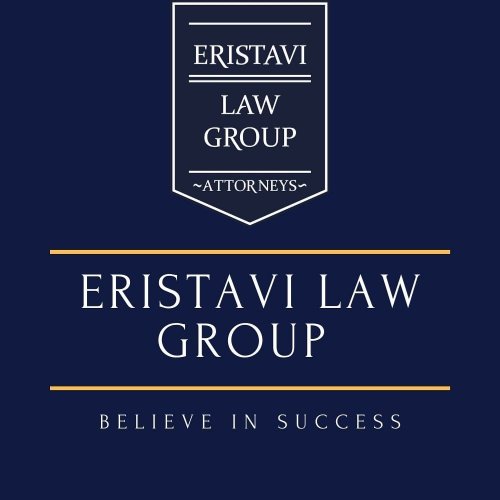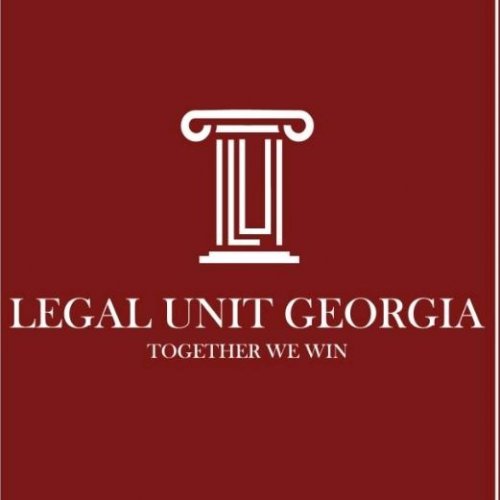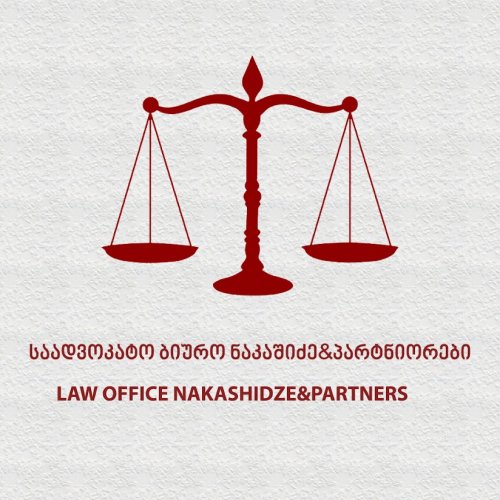Best Divorce & Separation Lawyers in Tbilisi
Share your needs with us, get contacted by law firms.
Free. Takes 2 min.
Free Guide to Hiring a Family Lawyer
List of the best lawyers in Tbilisi, Georgia
About Divorce & Separation Law in Tbilisi, Georgia
In Tbilisi, Georgia, Divorce & Separation laws are governed by the Civil Code of Georgia. According to the laws, either spouse can initiate a divorce proceeding, and they must show that the marriage has deteriorated beyond repair. There are provisions for both contested and uncontested divorces. In the case of an uncontested divorce, both parties have agreed on all matters related to children, property division, and spousal support.
Why You May Need a Lawyer
Legal support may be necessary during a divorce or separation to protect your rights and interests. A lawyer can provide guidance on the local laws, provide representation in court, and assist in negotiation with your spouse, particularly if the divorce is contested. Divorcing couples often require assistance with property division, child custody, and alimony agreements. A knowledgeable lawyer can ensure all aspects are handled fairly and legally.
Local Laws Overview
The Civil Code of Georgia stipulates that property acquired during the marriage is subject to equal division, unless decided otherwise by a prenuptial or postnuptial agreement. For child custody, the court considers various factors to ensure the child’s best interest. Alimony is not guaranteed and depends on the financial capability of each spouse. Applicants for divorce must provide proof of marital breakdown, which may include factors such as adultery or incurable mental illness of a spouse.
Frequently Asked Questions
1. How long does a divorce take in Tbilisi, Georgia?
The duration of a divorce process in Tbilisi, Georgia depends on whether the divorce is contested or uncontested. An uncontested divorce, where both parties agree on all issues, can be finalized in a few weeks. A contested divorce can take several months to even years, depending on the complexity of the case.
2. How is child custody decided in Tbilisi, Georgia?
In Tbilisi, Georgia, child custody is determined by taking into account the best interests of the child. Factors such as the parents' financial stability, child's age, health and preference, as well as the parents' capability to provide care and support are taken into consideration.
3. What are the grounds for divorce in Tbilisi, Georgia?
In Tbilisi, Georgia, grounds for divorce include desertion, adultery, addiction, mental illness, and any conditions that make continuing the marriage intolerable or harmful. If the spouses have lived separately for three years, divorce can be granted without proof of fault.
4. Can I get alimony in Tbilisi, Georgia?
Alimony in Tbilisi, Georgia is not automatic and depends on the financial capability and need of each spouse. It can be granted to either the husband or wife and it is determined by the court.
5. What is the process for filing for divorce in Tbilisi, Georgia?
If you want to file for divorce in Tbilisi, Georgia, you need to file a petition at the district court where you or your spouse lives. It is advisable to consult with a lawyer to understand the process and the documents required.
Additional Resources
The Ministry of Justice of Georgia is a useful resource which provides information on the Civil Code of Georgia. Local organizations such as the Tbilisi City Court and local Family Counseling Centers also provide helpful information and support during this period.
Next Steps
Those who need legal assistance should consult with a divorce lawyer experienced in Georgian law. It is important to prepare all necessary documentation and provide as much detail as possible relating to property, children, and any prior agreements between spouses. This ensures the lawyer can provide the most accurate advice and representation.
Lawzana helps you find the best lawyers and law firms in Tbilisi through a curated and pre-screened list of qualified legal professionals. Our platform offers rankings and detailed profiles of attorneys and law firms, allowing you to compare based on practice areas, including Divorce & Separation, experience, and client feedback.
Each profile includes a description of the firm's areas of practice, client reviews, team members and partners, year of establishment, spoken languages, office locations, contact information, social media presence, and any published articles or resources. Most firms on our platform speak English and are experienced in both local and international legal matters.
Get a quote from top-rated law firms in Tbilisi, Georgia — quickly, securely, and without unnecessary hassle.
Disclaimer:
The information provided on this page is for general informational purposes only and does not constitute legal advice. While we strive to ensure the accuracy and relevance of the content, legal information may change over time, and interpretations of the law can vary. You should always consult with a qualified legal professional for advice specific to your situation.
We disclaim all liability for actions taken or not taken based on the content of this page. If you believe any information is incorrect or outdated, please contact us, and we will review and update it where appropriate.














